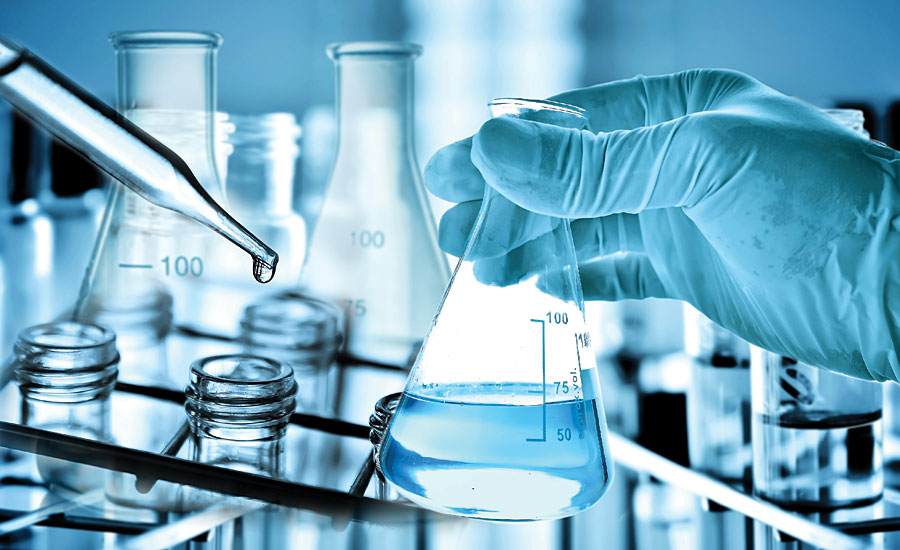In the vast landscape of industrial chemistry, numerous chemicals play pivotal roles in various sectors. However, one chemical stands out as the most common and widely utilized across industries. In this article, we delve into the depths of industrial chemistry to uncover the identity and significance of this ubiquitous compound.
Understanding the Most Common Industrial Chemical:
The most common industrial chemical, without a doubt, is sulfuric acid. With its extensive range of applications, sulfuric acid has earned its reputation as the backbone of the chemical industry. Its versatility, corrosive nature, and ability to act as a strong acid make it an indispensable component in countless industrial processes.
- Production and Properties:
Sulfuric acid, chemically represented as H2SO4, is primarily produced through the contact process. This involves the catalytic oxidation of sulfur dioxide (SO2) to sulfur trioxide (SO3), followed by the absorption of SO3 in water to form sulfuric acid. The resulting acid is a colorless, oily liquid with a high boiling point and a strong, pungent odor. - Industrial Applications:
a. Chemical Manufacturing: Sulfuric acid serves as a key raw material in the production of various chemicals, including fertilizers, dyes, detergents, and pharmaceuticals. Its acidic properties enable it to facilitate reactions, act as a dehydrating agent, and catalyze chemical processes.
b. Metal Processing: The mining and metallurgical industries heavily rely on sulfuric acid for ore processing, metal extraction, and purification. It plays a crucial role in the production of copper, zinc, lead, and other metals.
c. Petroleum Refining: Sulfuric acid finds application in petroleum refining, where it is used for the alkylation process to produce high-octane gasoline. It also aids in the removal of impurities, such as sulfur compounds, from crude oil.
d. Battery Manufacturing: Lead-acid batteries, commonly used in automobiles and backup power systems, rely on sulfuric acid as the electrolyte. It facilitates the chemical reactions necessary for energy storage and release.
e. Wastewater Treatment: Sulfuric acid is employed in wastewater treatment plants to adjust pH levels, neutralize alkaline substances, and remove heavy metals from effluent streams.
- Safety Considerations:
While sulfuric acid is a vital industrial chemical, it poses significant safety risks. Its corrosive nature necessitates careful handling, storage, and disposal. Protective equipment, such as gloves, goggles, and appropriate ventilation systems, must be employed to ensure worker safety.
Conclusion:
In conclusion, sulfuric acid reigns as the most common industrial chemical due to its multifaceted applications and indispensable role in various sectors. From chemical manufacturing to metal processing, petroleum refining to battery production, its versatility knows no bounds. However, it is crucial to recognize and mitigate the potential hazards associated with its use. By understanding the properties and applications of sulfuric acid, industries can harness its power while prioritizing safety and environmental responsibility.



More Stories
Advantages of NMC Cylindrical Cells: High Performance and Reliability for Modern Applications
Innovative Strip PV Module Launched: Haoxiang Solar's 130W White Glass Panel Opens New Era for Building-Integrated Photovoltaics
Navigating Trends, Forging the Future: Haoxiang Solar's Insight into 2025 PV Industry Dynamics and Export Opportunities